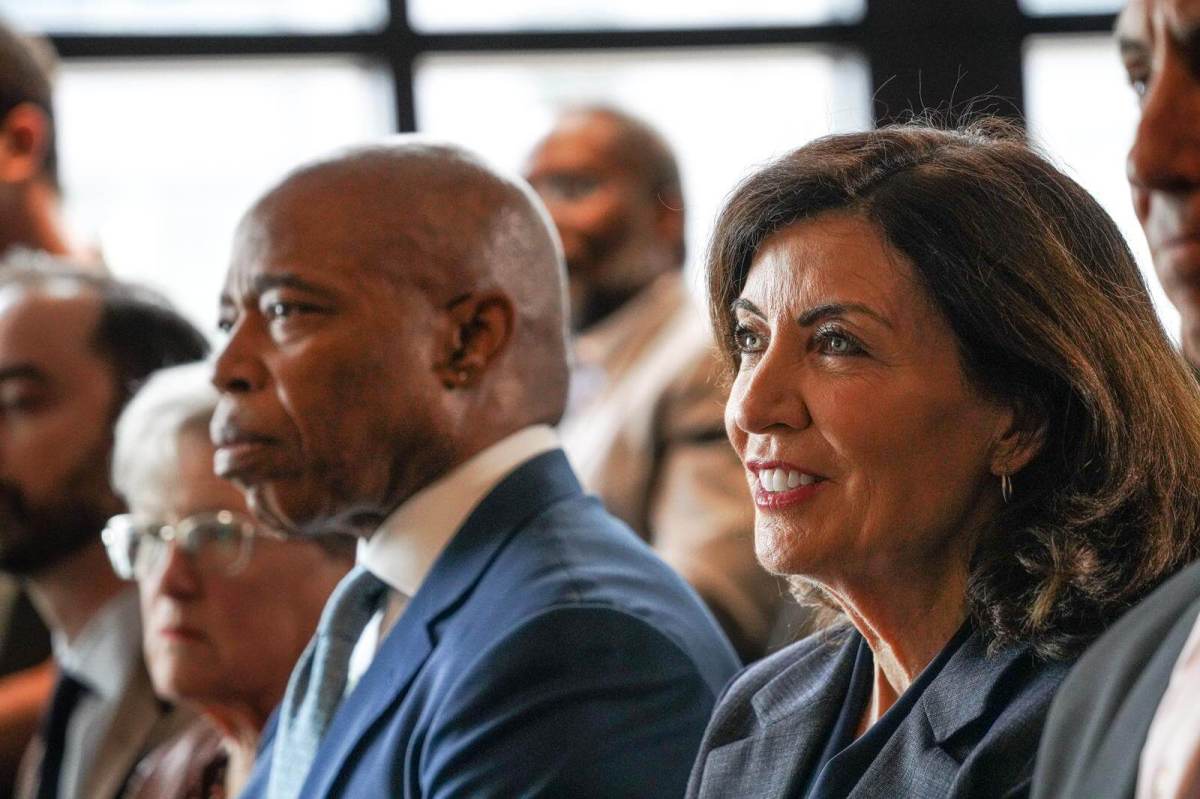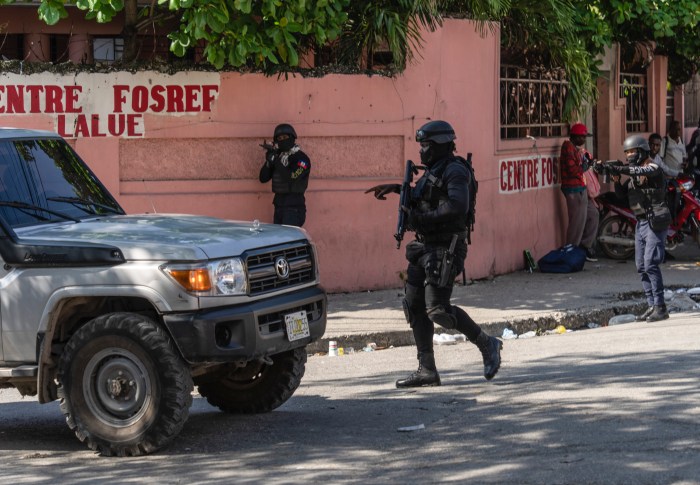Members of the Metro Boston Climate Defense team, a mashup coalition conjured up by 350.org and MassUniting, claim an intense nor’easter or destructive hurricane as a result of extreme climate changes could put parts of the Hub’s public transit system underwater by 2040.
“Climate change is happening now — you see it in the strange weather patterns and erratic seasons and it’s going to get worse as we move along,” said Jason Stephany, communications director for MassUNITING.
Based on research from the report “Climate change and coastal flooding in Metro Boston,” posted on the city of Boston’s website, Stephany and members of the group handed out pamphlets to thousands of riders yesterday outside Copley Square depicting the MBTA tracks and the potential impact a natural disaster could have on the subway.
“We are talking significant portions of the T would have to be turned into ferries,” said Stephany.
The group wants to raise awareness about climate change and storm preparedness as part of an international push.
“I’ve seen firsthand the kind of economic and environmental destruction these floods can cause — and I don’t want to see it happen again here in Boston,” said Chandra Richardson, a Katrina survivor who moved to Boston. “We need to raise awareness and take action now to help prevent future disasters.”
MBTA officials did not return e-mails sent by Metro asking about the potential impacts of climate change on the transit system.
According to the city of Boston’s website, officials are incorporating projected climate change into all formal planning and project review processes.
Spend environment to save environment?
While some might question whether printing out thousands of pamphlets showing the negative effects of climate change on the city is good for the environment, according to Jason Stephany, it’s necessary.
“This is too critical of an issue to not do everything we can to raise public awareness,” he said. “Of course, when our outreach efforts require printed materials, we use recycled paper.”
On the map
According to the activists at Metro Boston Climate Defense, here are three danger zones to keep in mind in the case we encounter a severe storm:
1. Parts of Dorchester, East Boston, South End, Back Bay, Logan Airport and the Financial District could be affected in the event of a storm surge.
2. The Red Line between Park and Kendall would be wiped out by water.
3. Copley, Arlington, and Hynes would go under.
















